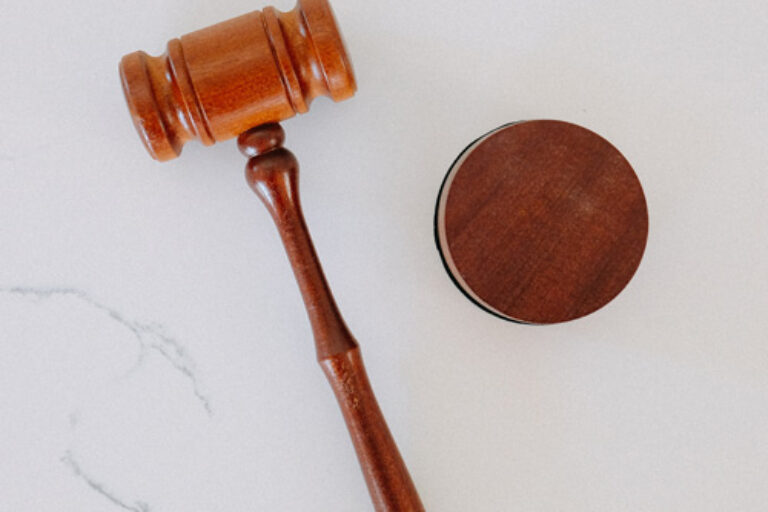Georgia Slip and Fall Cases
If an individual slips and falls in a store, the store may be liable for any personal injury suffered. This is commonly known as a slip and fall case. However, in Georgia, store owners are not required to insure the safety of their customers. Therefore, just because an individual can prove the occurrence of a fall in the store, that does not automatically mean that the customer will prevail in her slip and fall case against the store.
In Georgia, the business owner must exercise diligence towards making the promises safe in a way that a good business person would. Therefore, a person who wishes to recover for personal injuries caused by a slip and fall in a commercial establishment must show three things: (1) that the business had knowledge or constructive knowledge of the hazard or condition, (2) that the customer acted reasonably to ensure her own safety in light of the knowledge she had with regard to the hazard or condition, and (3) that the business’ failure to make the store safe was the cause of the customer’s slip and fall.
In essence, businesses make an implied promise to their customers that the store has been made ready and safe for their customers’ arrival. For the purpose of proving knowledge, the main issue hinges on the relative degree of knowledge possessed by each of the parties with regard to the danger. If the business has superior knowledge about a hazard or condition that might subject a customer to an unreasonable risk of harm and fails to protect against it, the business will be liable for the personal injuries of the customer.
The presence of a spill or rainwater in a store is one of the most typical circumstances that can lead to slips and falls. Georgia courts have found that it is common knowledge that some water will be present where shoppers pass into the store during rainy weather. Generally, a wet floor sign and periodic mopping at the store entrance is considered advisable and can help protect business owners from liability for slips and falls. However, the mere presence of a sign or equal knowledge with regard to weather conditions will not automatically bar recovery. For example, recovery was not automatically barred when a movie theater placed a “wet floor” sign over a spill and a customer, who was in a crowd of people, tripped over the sign as she exited the theater after the crowd had knocked the sign over.
With regard to the fault of the customer, under the current rule in Georgia, a customer is not required to look continuously and without interruption for defects. This is true whether the hazard is open and obvious or where the customer had some generalized knowledge of the hazard that was inferior to the store owner. The customer, however, can be expected to give some explanation of why she was not looking where she was going.


